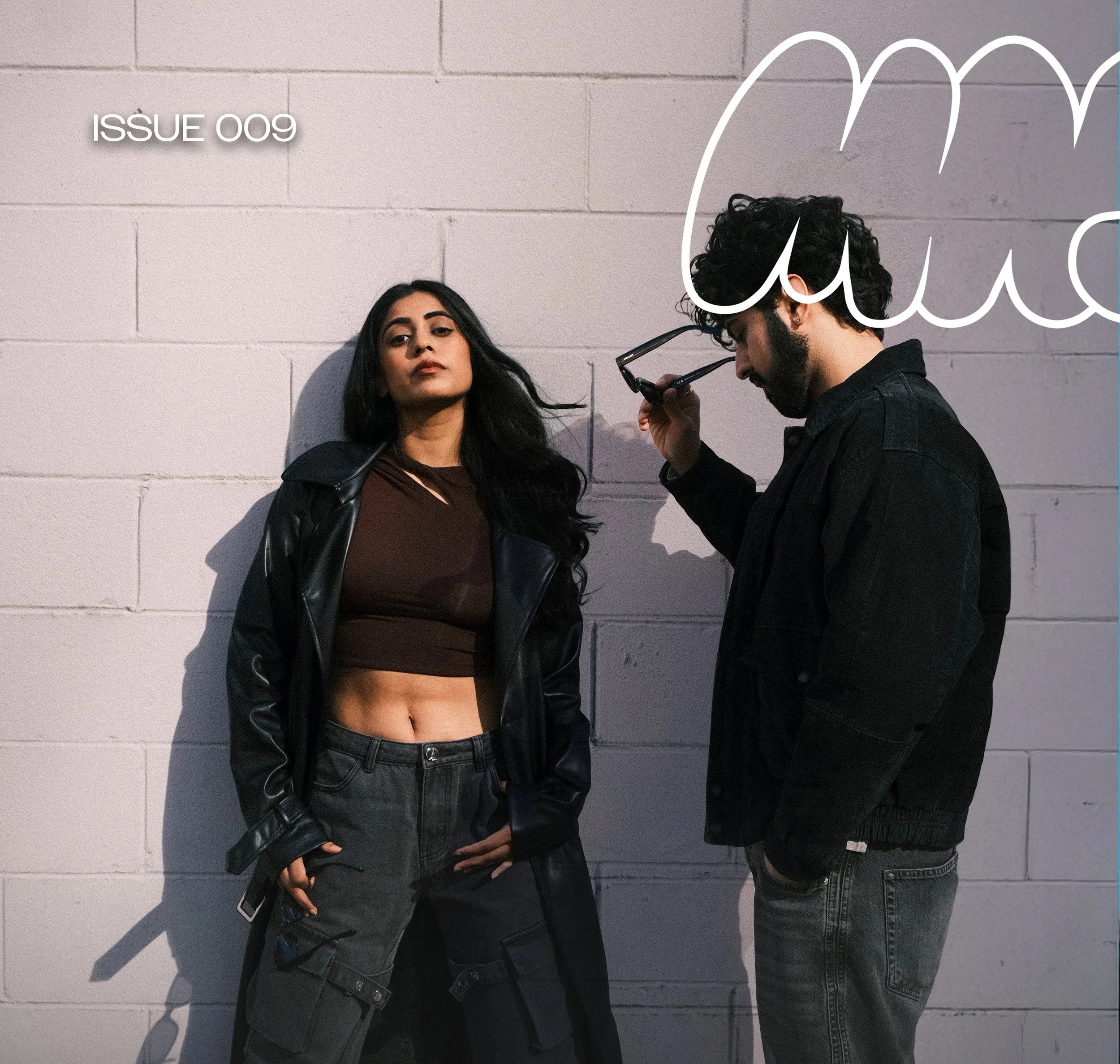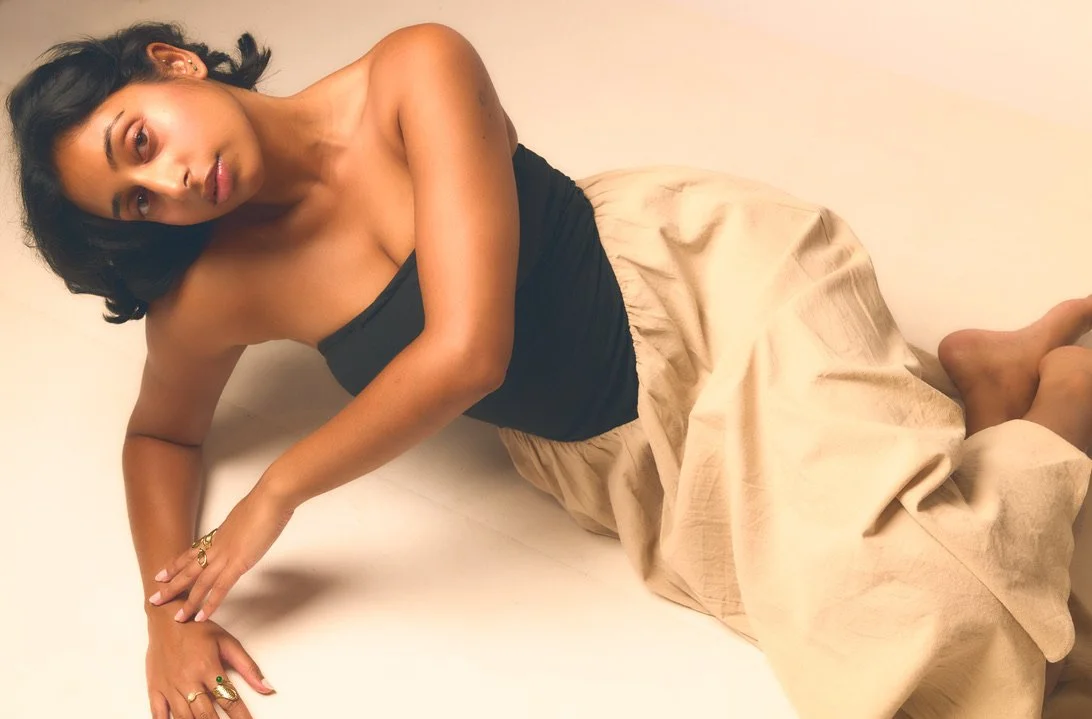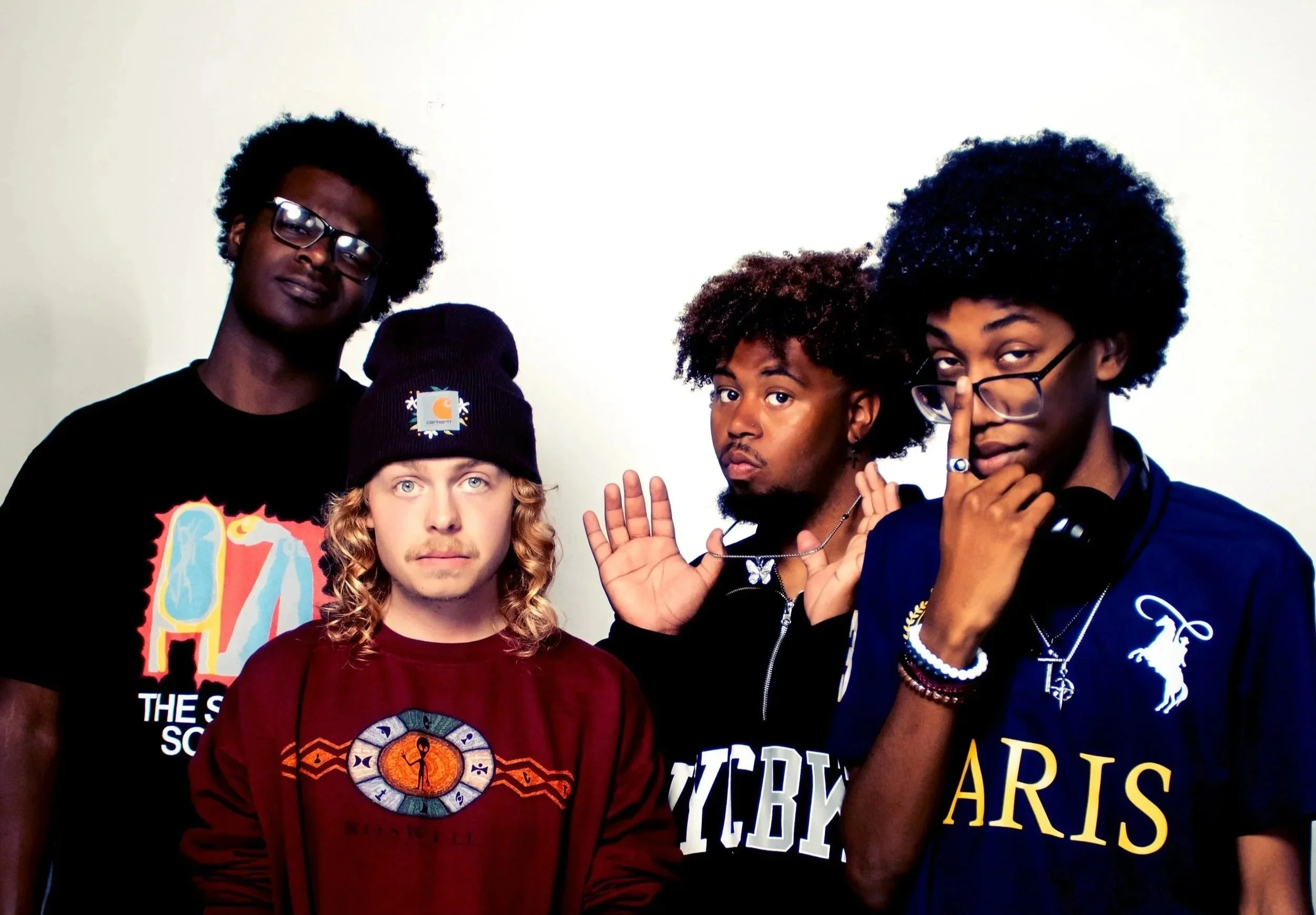Rishi and Shubhi Are Redefining Collaboration with Concep
They started with paper and tape. New to New York and hungry for creative kin, Rishi and Shubhi printed flyers, mapped a route, and hit coffee shops until their legs ached. They posted an open invitation to meet other creatives and see what could happen. One hundred people RSVP’d. About seventy-five walked through the door. Name tags. A little nervous laughter. Strangers from different corners of the creative world filled the room. And for the first time, Rishi and Shubhi saw what would eventually become Concept come alive.
Concept is the platform they built for that exact electricity. It is a place where creatives can pitch a project, hop on someone else’s idea, and connect with people they actually want to work with. Not a directory. Not a resume stack. A living project board with real portfolios attached and a pathway from message to making. “We wanted connections to turn into real projects,” Shubhi said. “Projects as the medium to bring people together.” It’s a community built around ideas.
Gary Pierrot Jr. Is Rewriting the Slasher
Gary Pierrot Jr. has a way of talking about horror that makes you want to rewatch your favorites with fresh eyes. He lights up when he mentions Scream 4, chuckles when talking about Final Destination 4’s racetrack scene, and admits he has a limit when it comes to gore. “I have a threshold,” he said. “I can’t do too much of it.” I Spit on Your Grave was the film that bought him to that realization. But his own film, Sunset Boulevard 14, isn’t about cheap scares. It’s about bringing back something that’s been missing. Fun, style, and characters who look like the audience watching.
“I’d be watching slashers today and thinking, where are the Black people? Where are the queer people? Where are the people who look and sound like me?” he said. “I wanted to create something that felt fun and nostalgic, but also allowed us as Black people to see ourselves as people who have those types of conversations about film and pop culture.” For Gary, it wasn’t enough to simply cast diversely. He wanted to build a world where Black and brown characters exist in full color. Whether that is as rich kids, film nerds, or troublemakers who drive nice cars, dress well, and take up space before the killings start.
rosewater nyc by Sejal Kargal: A Music Festival that Feels Like Home
Hearing Sejal Kargal talk about community is to know that for her, it’s a lived practice. The artist, singer, and DJ has spent the past year building something bigger than herself. Since launching UNDEFINED in January 2025, she’s turned a creative idea into a national collective that uplifts historically underrepresented voices in music and nightlife. The platform doesn’t rely on corporate sponsors or hype. It runs on people. Self-funded, community-led, and intentionally inclusive.
“I’ve never felt like I belonged in any box,” she said. “I hated to confine myself to a genre or label. I wanted to be boundless.” That spirit of freedom is the foundation of UNDEFINED. It started as a mindset, a small symbol, and a promise to create without barriers. It grew into a movement for artists who refused to dilute themselves to fit in. “So many creatives are fed up with being told how to market themselves or how to present identity to get attention,” she explained. “I wanted to make space for people who didn’t want to play that game.”
Fifth Floor Turns Up the Volume
When you meet Fifth Floor, the first thing you notice is their energy. It’s loud, fast, and alive in every direction. Four friends who move like a family, interrupting each other mid-sentence, cracking jokes, finishing thoughts. Each has their own rhythm. Eli, the frontman, speaks like he’s already thinking about the next show. J-Will, the bassist, balances quick wit with the quiet focus of someone who’s been building something for years. Trey, on drums, watches the room with producer instincts, already hearing how it all fits together. And Samuel, on guitar, floats somewhere between calm and chaos, fluent in both Spanish and strings. Together, they make up Fifth Floor, a band that’s as unpredictable as the story behind it.
“I started out playing music by myself,” Eli said. “Me and J-Will had known each other since middle school and always talked about playing together. Then I met Trey in the parking lot at college, and Samuel in class…well, skipping class, actually. Playing UFC.” The band laughed. It was unplanned, but natural. Fifth Floor wasn’t the result of strategy or searching. It was something that happened because it was supposed to.
Easy on the Surface, Heavy at the Core
When Kyleigh tells you she’s always been a songwriter, it’s not a reach. Before the polished studio releases, before her latest single, Easy, she was a kid playing pretend pop star with her best friend Drew in the basement. No cameras, no stage, just two eight-year-olds writing silly songs and dancing them out. “That’s really where my songwriting journey began,” she said. “I’ve always been super creative. A storyteller. I didn’t know it was songwriting at the time, but I just had to get the words out.”
That same instinct still drives her today. If you strip away the production and the arrangement, her music begins in the same place it always has. With a feeling. “I’m pretty sensitive,” Kyleigh said. “So when I feel something, I have to write it down. That’s always where it starts.”
Creating from Intuition
There’s a certain quiet in Saturn Oak’s photographs. An in-between stillness that slows you down. It feels like you’ve wandered into someone else’s memory. Like a dream you can’t quite place.
It makes sense once you talk to him. Saturn Oak is just as drawn to the surreal as we are to his lens. His photos are imagined timelines born out of intuition and feel. “I like to bring almost like a fever dream quality to it,” he explained. “My goal every time I do a shoot is to almost make it feel like it’s on Earth, but it ain’t on Earth.”






